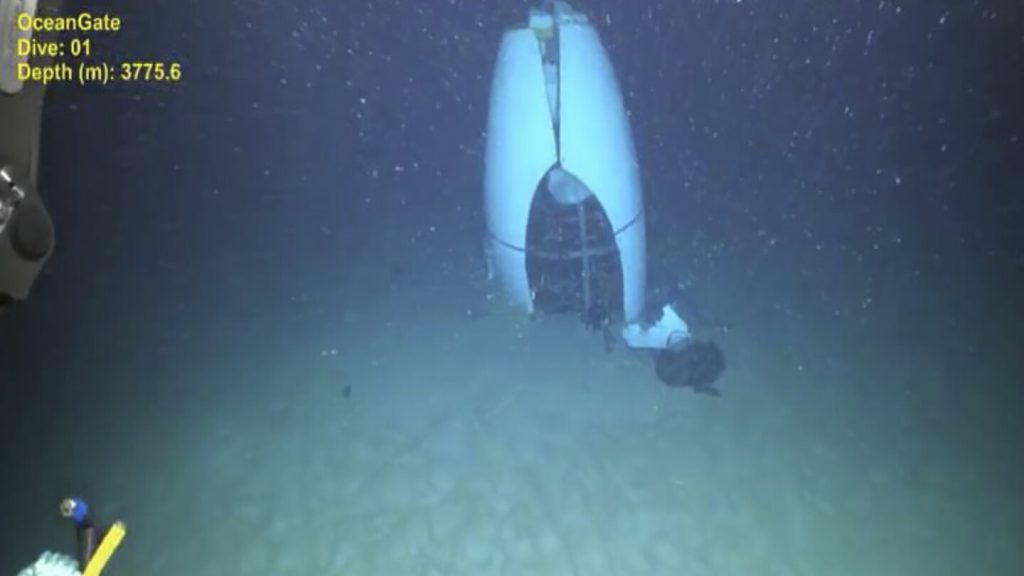The recent public hearing conducted by the Coast Guard as part of the investigation into the implosion of the Titan submersible has shed light on the troubled nature of the company that owned the experimental vessel. Amber Bay, director of administration for OceanGate, insisted that the company did not conduct risky dives out of desperation, but rather had an urgency to deliver on the promises made to those who paid $250,000 to participate as mission specialists. The implosion of the submersible in June 2023 resulted in the deaths of five people, including OceanGate co-founder Stockton Rush.
During the hearing, former OceanGate contractor Antonella Wilby’s testimony about safety concerns raised by employees was contradicted by Bay, who claimed that these concerns were treated with respect at the time. Bay, who was emotional when discussing the tragedy due to her personal connection to the victims, denied accusations that the company prioritized profits over safety. Former OceanGate operations director David Lochridge testified that the company was focused solely on making money, with little emphasis on scientific exploration.
Submersible pilot and designer Karl Stanley of the Roatan Institute of Deepsea Exploration provided expert testimony during the hearing, criticizing OceanGate’s business plan and the characterization of paid passengers as mission specialists. Stanley suggested that the implosion of the Titan submersible was a result of Rush’s desire to leave a mark on history, rather than a technical malfunction. The hearing also highlighted the debate within the undersea exploration community about the role of private companies and the need for strong regulations to ensure safety.
Businessman Guillermo Sohnlein, who co-founded OceanGate with Rush, expressed hope that the disaster would inspire renewed interest in deep ocean exploration. He emphasized the importance of continuing exploration and innovation in submersible technology, despite the tragic event. The hearing, which is expected to include more witnesses closely connected to the company, aims to uncover the root cause of the implosion and ensure accountability for the loss of lives.
The final dive of the Titan submersible on June 18, 2023, ended in tragedy when contact was lost with the crew shortly after an exchange of messages about depth and weight. Rescue efforts were quickly mobilized, but the wreckage of the submersible was found on the ocean floor near the Titanic wreckage site. OceanGate has been cooperating with the investigations conducted by the Coast Guard and the National Transportation Safety Board (NTSB) since the incident occurred. The suspension of operations and the absence of full-time employees at OceanGate highlight the impact of the disaster on the company’s future.
The Coast Guard officials overseeing the hearing noted that the Titan submersible had not undergone independent review, which is a standard practice in the undersea exploration industry. The unusual design of the submersible and the company’s approach to deep sea exploration have raised questions about safety and accountability. Despite the setbacks, industry experts and stakeholders remain hopeful that the lessons learned from this tragedy will pave the way for a more responsible and sustainable future for undersea exploration.


